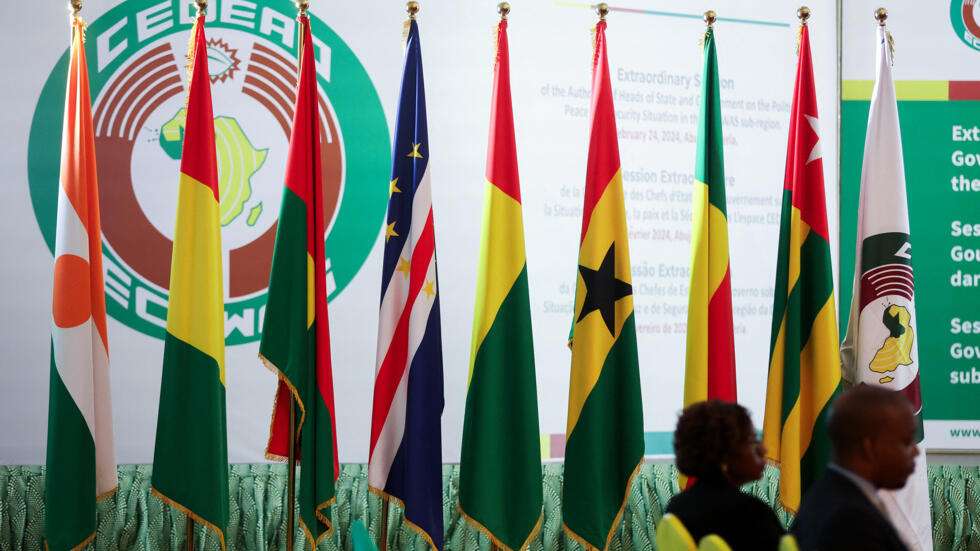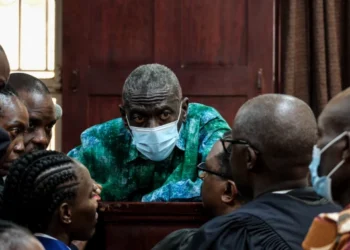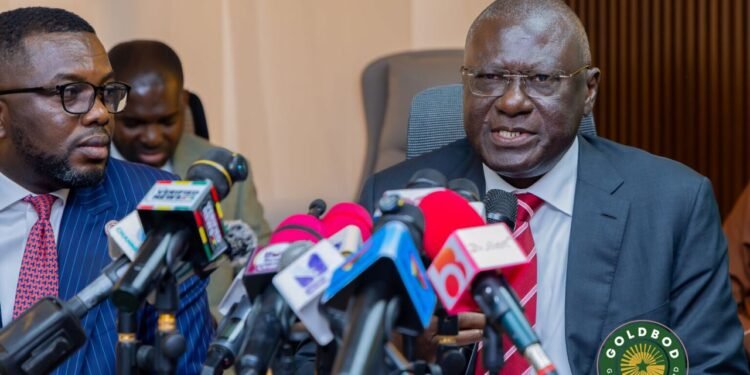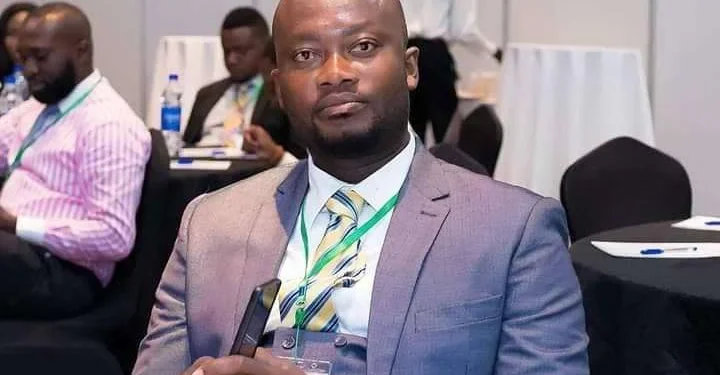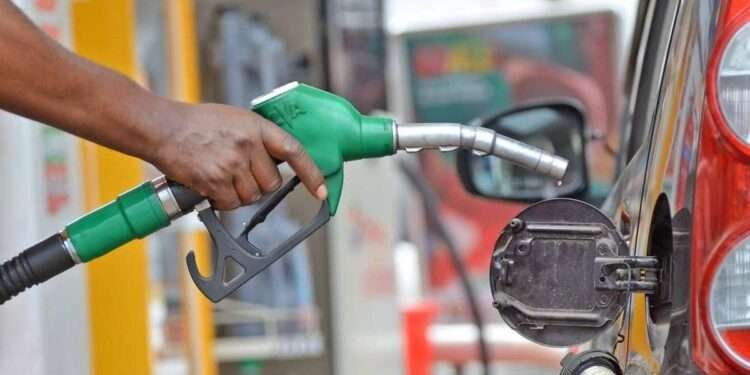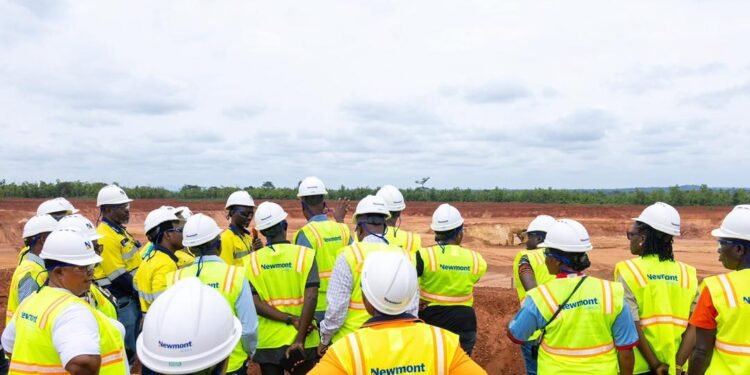ECOWAS, the Economic Community of West African States, has faced growing criticism for neglecting its duty to ensure security, economic prosperity, and getting rid of foreign influences to create new regional or pan-African agendas for member states.
Amid a wave of coups, its primary response has been to impose sanctions on Mali, Burkina Faso, and Niger, with little tangible effect on the ground.
The organization further threatened military intervention in Niger to reinstate ousted President Mohamed Bazoum.
This aggressive stance backfired, prompting the juntas in these countries to form a defensive alliance and warning of collective resistance against any ECOWAS military action.
On January 27, 2024, Mali, Burkina Faso, and Niger declared their intent to withdraw from ECOWAS, citing the regional body’s failure to engage in meaningful dialogue and its apparent indifference to their security concerns.
Despite this significant geopolitical shift, ECOWAS has remained largely inactive, failing to initiate proactive discussions to address the root issues.
Moreover, ECOWAS has not mobilized troops to assist these nations in combating jihadist insurgencies in the Sahel, a region plagued by terrorism.
This inaction has allowed the juntas to seek support from Russia, further complicating the regional security landscape.
Critics argue that ECOWAS’s passivity is eroding its credibility and undermining the principles of unity and cooperation it was established to uphold.
Russia’s Influence In West Africa
Russia’s foreign minister, Sergey Lavrov, has pledged increased support to Burkina Faso in its fight against militant groups.
This commitment comes as part of Lavrov’s extensive tour of West Africa, aimed at filling the gap left by traditional Western partners.
Speaking at a press conference in Ouagadougou, Burkina Faso’s capital, Lavrov emphasized Russia’s dedication to aiding the region. This stop marks the third leg of his Africa trip, following visits to Guinea and the Republic of Congo.
Amid Moscow’s ongoing invasion of Ukraine, Russia is seeking to bolster its influence in Africa. Many African nations have voiced growing dissatisfaction with traditional Western allies, including France and the United States.
“Russian instructors have been working here, and their number will increase,” Lavrov stated, highlighting Russia’s role in training Burkina Faso’s military and law enforcement.
“We have supplied and will continue to supply military equipment to strengthen Burkina Faso’s defense capabilities and help eliminate remaining terrorist groups.”
Sergey Lavrov

Lavrov also expressed gratitude for Burkina Faso’s “objective and fair” stance on the Ukraine conflict. “We are ready to support Africans striving to free themselves from neo-colonial influence,” he added.
Burkina Faso, a landlocked nation of 20 million, has endured eight years of violence from extremist groups linked to al-Qaida and the Islamic State, alongside internal conflicts between government forces and militants.
The country has experienced two coups within 10 months, the most recent of which led to a military junta expelling French forces and seeking Russian security support.
Despite this, the junta has struggled to manage the ongoing security and humanitarian crises.
The Norwegian Refugee Council has ranked Burkina Faso as the world’s most neglected crisis for two consecutive years.
A record 6.3 million people, out of a population of 20 million, will require humanitarian assistance in 2024, with many on the brink of starvation.
Additionally, two million people are internally displaced, 60% of whom are children, with limited resources for trauma support.
Jan Egeland, the agency’s secretary-general, criticized Western governments for withdrawing financial aid from Burkina Faso and other Sahel countries, exacerbating poverty, violence, and extremism.
“The disengagement of the West is diminishing their influence in the region,” Egeland noted.
“However, I haven’t seen Russia contributing to our humanitarian efforts or development programs. The Russian approach is not bringing the needed relief.”
Jan Egeland
Egeland pointed out the visible presence of Russian flags in Burkina Faso, contrasting with the absence of European ones.
What Russia is doing – providing military assistance to Burkina Faso – is a core mandate of the ECOWAS however, someone is clearly asleep on the job.
Russia’s growing influence in West Africa should be a wake-up call to authorities to wane the region from all foreign influences to ensure the sovereignty and self-determination of member states.
READ ALSO: IMANI File New Suit Challenging Presidential Appointment of Security Heads

